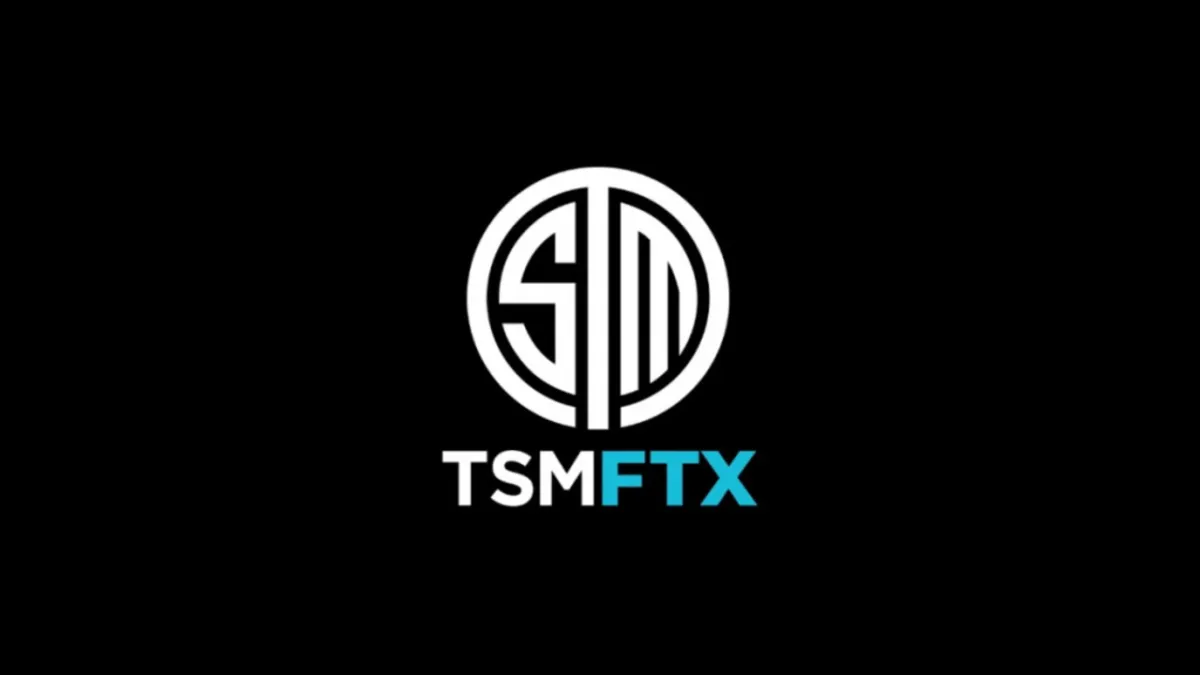On June 4, TSM announced one of the largest publicly disclosed partnerships for an esports organization, a $210 million naming rights deal with the cryptocurrency exchange, FTX.
TSM said it will be using the money to expand globally with new offices in Asia, Europe, and South America. A lot of these expansion plans, though, will be implemented through investment in mobile games. Speaking with Dot Esports, TSM’s director of mobile Jeff “SuiJeneris” Chau revealed the company’s ambitions to become one of the “most successful mobile esports organizations” globally.
TSM’s first move after signing the 10-year deal with FTX came with an expansion to the lucrative Brazilian market. The organization signed a five-man roster in League of Legends: Wild Rift along with a coach, analyst, and content creator Ludisz to kick off its entry in the country.
Chau said the organization expanded into Brazil because it identified the country’s immense potential. TSM looked at other markets as well, such as SEA and India, but Chau believes Brazil possesses the greatest growth potential currently. “We’ve looked at SEA, we’ve looked at China, and the buy-in is too high given the returns,” he added.
TSM’s next move in Brazil will be the signing of a Free Fire roster, Chau confirmed. This isn’t surprising since the game has been a pioneer in the mobile esports scene in the country and has seen staggering viewership numbers. The first stage of the prestigious Liga Brasileira de Free Fire (LBFF) 2021 series A, which happened from January to March, peaked at over 800,000 viewers, according to Esports Charts.
Chau said TSM has explored the opportunity that Free Fire entices and was confident in the game’s developer to create a successful esport. He added that Garena had a “long-term vision for the game and esports.”
Free Fire is not only a successful esports title in Brazil but has also allowed local organizations like LOUD and Fluxo to command social media followings of millions and become lifestyle brands, similar to FaZe Clan in the U.S.
LOUD accomplished this by not only focusing on esports but also by signing content creators. Chau said while TSM was “really inspired” by LOUD, the org wanted to build its competitive side first before stepping into content creation later.
“We are not looking to become the next LOUD because we know we can’t,” Chau said. “But, we are looking to expand our brand and grow our fandom there. Hopefully, we can see half the success LOUD has seen.”
He added TSM is committed to Brazil and wanted to build a “very endemic org.” He didn’t want TSM’s plans in the country to seem like an NA org simply expanding its presence to another region. To do this, TSM is hiring a lot of local talent and also looking at what has worked for other local organizations.
Besides Brazil, the organization is also attempting to strengthen its presence in India, which is another major market for mobile games. TSM had already entered the Asian country in March 2020 in a partnership with local esports organization Entity Gaming.
At the time, it signed Entity’s star-studded roster of Abhijeet “Ghatak” Andhare, Suraj “Neyoo” Majumdar, Jonathan Amaral, Abhishek “ZGOD” Choudhary, and Vivek “ClutchGod” Horo. It won the PUBG Mobile India Series (PMIS) last year and performed well until the game was banned in the country for data privacy concerns in September 2020.
PUBG Mobile made a return in June 2021 with a new publisher (Krafton) and name (Battlegrounds Mobile India). But TSM recently announced it had “mutually decided” to part ways with its former roster.
Chau said this was done as the roster decided to pursue other interests. He added that TSM is new in the country and can’t provide the same level of support or infrastructure as other local organizations. “It made sense that the best team in India may want to explore other opportunities they have,” he said.
Chau refused to comment on the present nature of the organization’s partnership with Entity Gaming but said “it’s been great working with them.” TSM signed a new BGMI team, though, which doesn’t bear Entity’s name.
The new team features an underdog roster consisting of Harsh “AquaNox” Rao, Shubham “Ninja” Sahoo, Hamza “Blaze” Hyderabwala, and Arjun “Shadow” Mandhalkar. They will be seen in action during the upcoming Battlegrounds Mobile India Series where $135,000 is on the line.
Besides BGMI, TSM also signed a Free Fire roster in India. It acquired the dominant roster of Silence in late June which features Jayesh “Jay” Yadav, Indranil “Indro” Saha, Sagar “Iluminati” Patel, Titas “Stoner” Roy, and Naitik “Oldmonk” Khoshto.
Chau revealed that BGMI and Free Fire will be the two games TSM will be focusing on in India. He added that just like Brazil, the organization is entering India for the long term and will gradually be scaling up its infrastructure and staff in the country. TSM won’t be stopping with India and Brazil, though.
“The long-term plan is to dominate mobile globally and become the most successful and largest mobile esports organization,” Chau said.
The next region TSM is focusing on for expanding its presence in mobile gaming is within North America itself. While Chau confirmed the organization is looking at mobile esports locally, he didn’t reveal what plans it had in the region.
When asked about Southeast Asia, Chau said if TSM wanted to be the biggest mobile esports organization, then SEA is “something that they definitely want to look at.” He added there were no plans currently for SEA, though, because TSM wanted to focus on Brazil, India, and North America.
With smartphone penetration rapidly increasing in Brazil and India, TSM’s commitment to mobile gaming comes at the right time. Only time will tell, however, if it pays off. The player base and viewership numbers of games like Free Fire and Battlegrounds Mobile India indicate a bright future for mobile games. TSM is not the only organization to recognize this as other popular organizations globally are also rapidly picking up teams in mobile games.






Published: Aug 10, 2021 11:58 am